Jonathan Dodd‘s latest column. Guest opinion articles do not necessarily reflect the views of the publication. Ed
Memory isn’t unreliable at all. It works perfectly, but in real life we have three major problems with it. The first problem is that we remember everything. Somewhere. A bit like those horrifyingly huge log files that computer systems produce, filled with an absolute record of everything that happened at every micro-moment.
My job can sometimes mean spending many happy hours crawling through these massive haystacks of information looking for the single needle that would explain the thing that went wrong. Our memories are like those files, but unfortunately we haven’t been equipped with the ability to print them out or summon them at will on-screen. Yet.
Sometimes we just pretend we remember
The second problem with memory is that it’s indiscriminate. What I’m writing now is being faithfully recorded somewhere in all its detail. When I stop and reread it, that’ll go into my memory too, as well as all the edits and revisions and bits I cut out. And what I’m thinking and feeling about will also be recorded. And whether I think it’s true or not. 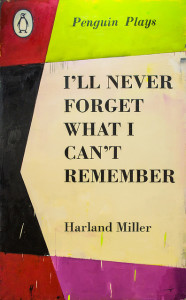 And whether I think it ought to be true. And generally I don’t want to remember everything. I just want this column to be as perfect as I can get it and send it out.
And whether I think it ought to be true. And generally I don’t want to remember everything. I just want this column to be as perfect as I can get it and send it out.
The third problem with memory is the trickiest, because we aren’t very good at recalling information. We usually only summon up some of the memories, and we’re usually happy to just remember the bits that reinforce our world view. We also have very interesting strategies to avoid some memories. And sometimes we just pretend we remember. Or we pretend to have forgotten.
The partially-real, the completely-real and the made-up
The most awkward thing about pretending to remember is that once we manufacture a memory, so when we lie or make things up, those things also become memories. And later on we remember those too. It all becomes really complicated, and very difficult to sort out the partially-real from the completely-real from the made-up.
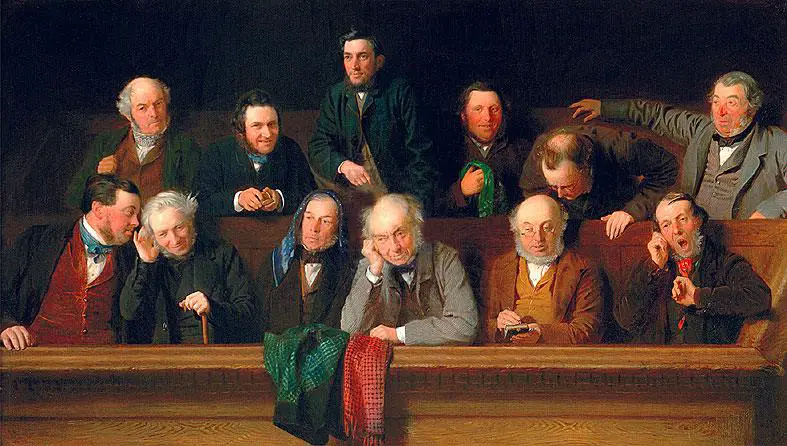
We invest huge amounts of time and trouble trying to sort this stuff out. The whole justice system is based on attempts to establish the truth. Most Police work attempts to establish beyond doubt what actually happened. And we love our detective novels and police procedural series on TV. We crave truth and certainty, precisely because there is none to be had. Not absolutely.
The desire to capture some definitive truth about the world
So many of our troubles as humans lie in this area. It can be terrifically beneficial, as in our search for truth through science and philosophy, and our artistic imaginations are fired by the same desire to capture some definitive truth about the world. Much of our religious activity is based on the same search, but sadly it’s usually based on very shaky ground.

We feel much safer when we share things, and sometimes the more of us experience something the more confidence we have that it was real, and therefore the more likely to be true. The desire for this inspires us to create institutions and ceremonies, not just because the large numbers of participants makes it feel more solid, but because of the sharing of memories.
The shared significance unites us
Sometimes this happens spontaneously. Everyone who was alive in December 1963 remembers the moment they heard that John Kennedy was shot. We remember 9/11 the same way, and various other moments in history. Those moments become a sort of label for our memories, which mark a moment in time, and everyone has that label. The fact that our memories only overlap in terms of our emotions at the time doesn’t matter. Each of our memories of those moments are unique, and substantially different, but the shared significance unites us.

This phenomenon is used in every society to give and reinforce cohesion. Restricting the range of possible experience and spreading the same message as often as possible can be used to retain control of a population. We can see this in North Korea and many other countries and organisations. Their greatest enemy is information from other sources. They seek to combine a lot of memories coupled with emotional investment to encourage loyalty. This can be well-meaning too, as in great state occasions and celebrations.
Moving towards some interesting times ahead
I think we’re moving towards some interesting times ahead. I once watched a fascinating science fiction film, called ‘Brainstorm’. Sadly the title didn’t reflect the story much, and it didn’t fit the usual genres, so it failed to find a market. The story was based around a small company that was investigating a way of capturing experience. They started by using a huge helmet covered in sensors, and they had spools of tape that recorded all the brain waves of the subject.
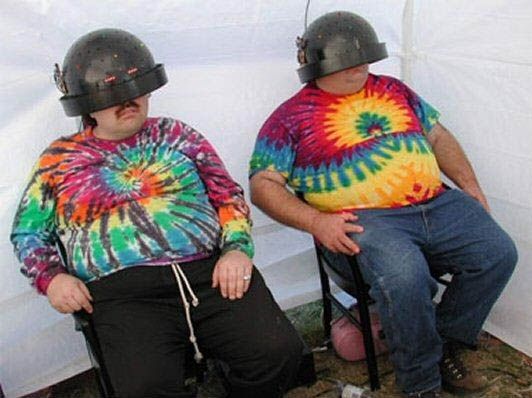
In the film their breakthrough was to record not only the sensory input of an experience, but also to record the subject’s reactions, in thoughts and emotions. They succeeded in capturing the entire memory on tape, and were able to play it back to another person through a different helmet. The moments when people were able to experience a ski jump or scuba dive through every sense and emotion while sitting in a chair were magical.
The white suits and gloves and masks
I loved the film because it made me think. I loved the idea of capturing whole experiences, and it made me wonder whether it might be possible one day. What’s actually happening right now is that we’re moving towards that very reality.

I’ve noticed how Police procedurals have changed. Every crime scene is sealed off, they all put on the white suits and gloves and masks, and take away everything that could possibly reveal clues, from DNA samples to chemical analysis to tyre or shoe prints, and it’s all studied. Not only that, but there’s always a mobile phone, and a record of its position and activities, recalled from a log file just like those I sometimes have to study. And there’s CCTV.
Beginning to work out how our brains work
In the face of all this technology I sometimes worry why anyone even tries to commit crimes. How can the ordinary person compete with all that forensic science? And there are all those breakthroughs in neurology. This hitherto rather backward area of research is beginning to attract big bucks and make huge advances. They’re beginning to work out how our brains work.
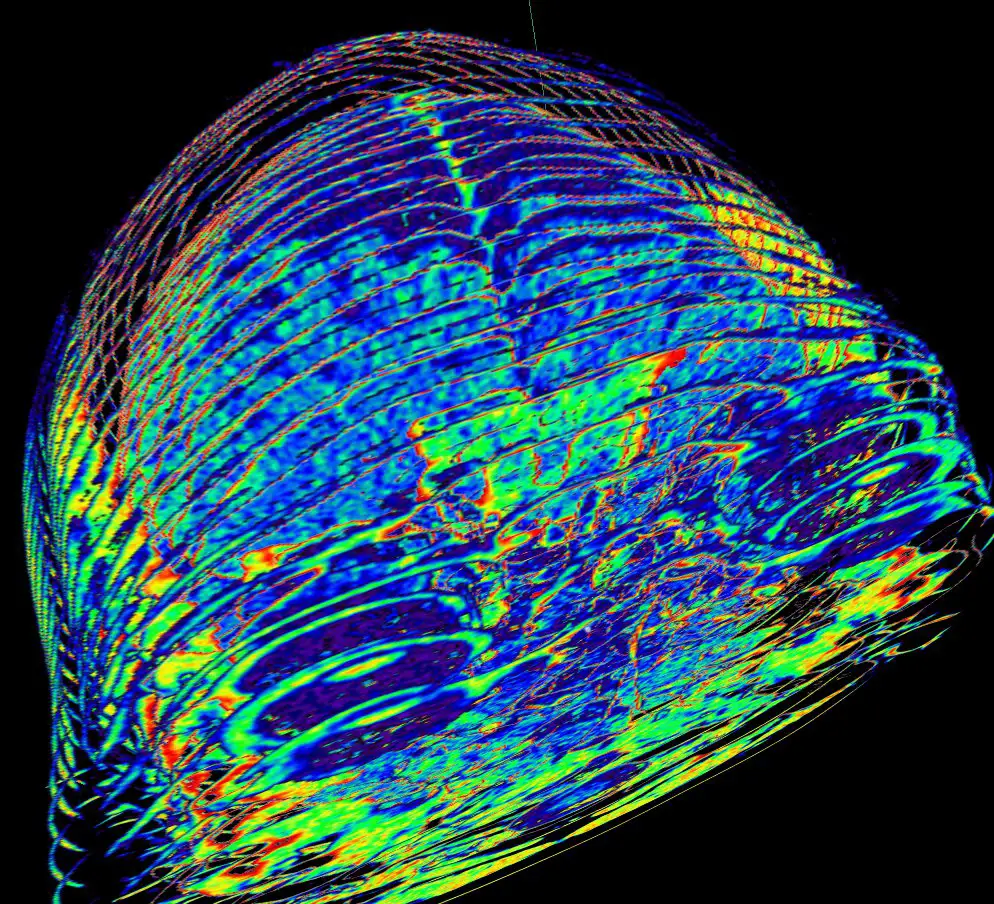
I’ve also noticed the advances in computer-generated animated films. I remember the first ones being rather like drawn cartoons, with little expression on the faces of the characters. Now they’re capable of an astonishing range and accuracy of facial movement. This is the result of a huge amount of science, merging physiology with psychology and accurate measurement through motion capture. They studied human faces, recorded the results, and play them back in the films we watch.
Not just the truth, but the truth about the truth
In other words, although we all think we know when someone is lying, we have no way of knowing whether we’re right or not. Science is beginning to give us more certainty. And it may not be complete science fiction to imagine a day not very far off when we can recall and record someone’s memories instead of having to interview them in a police cell in order to establish their innocence or guilt. And not just the truth, but the truth about the truth.
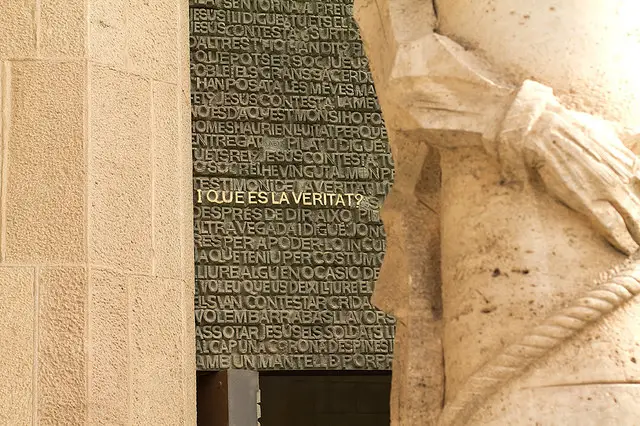
I’m starting to imagine the can of worms that may be possible if we follow that idea, but right now I’ve boggled my mind and need to go and lie down in a dark room for a while.
If you have been, thank you for reading this. Now, has anyone any idea where I put my glasses?
Image: Billy Hathorn under CC BY 2.0
Image: seeminglee under CC BY 2.0
Image: Dcoetzee under CC BY 2.0
Image: yunir under CC BY 2.0
Image: mrtruffle under CC BY 2.0
Image: hairyegg under CC BY 2.0
Image: DMahalko under CC BY 2.0
Image: Michael Cisneros under CC BY 2.0





